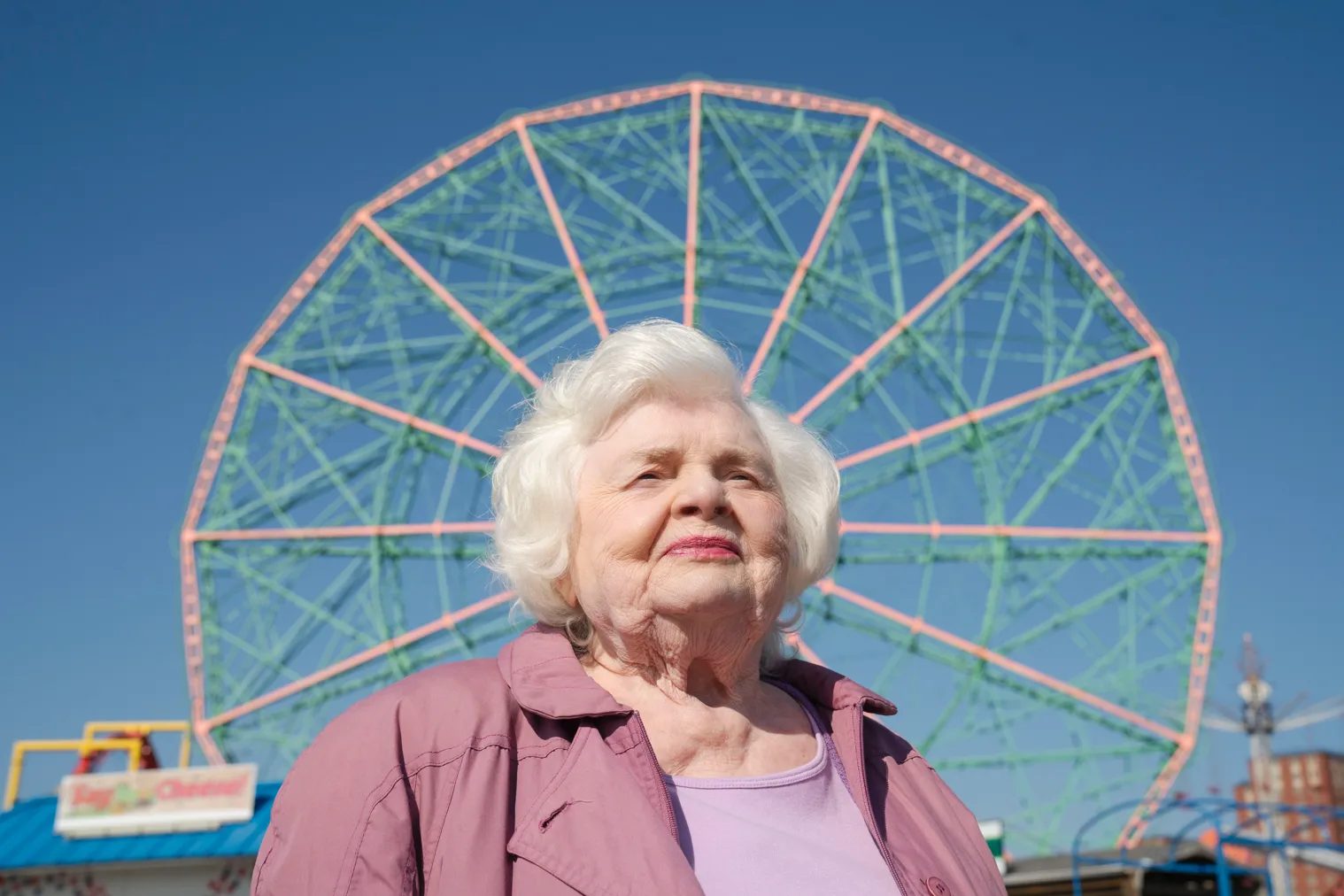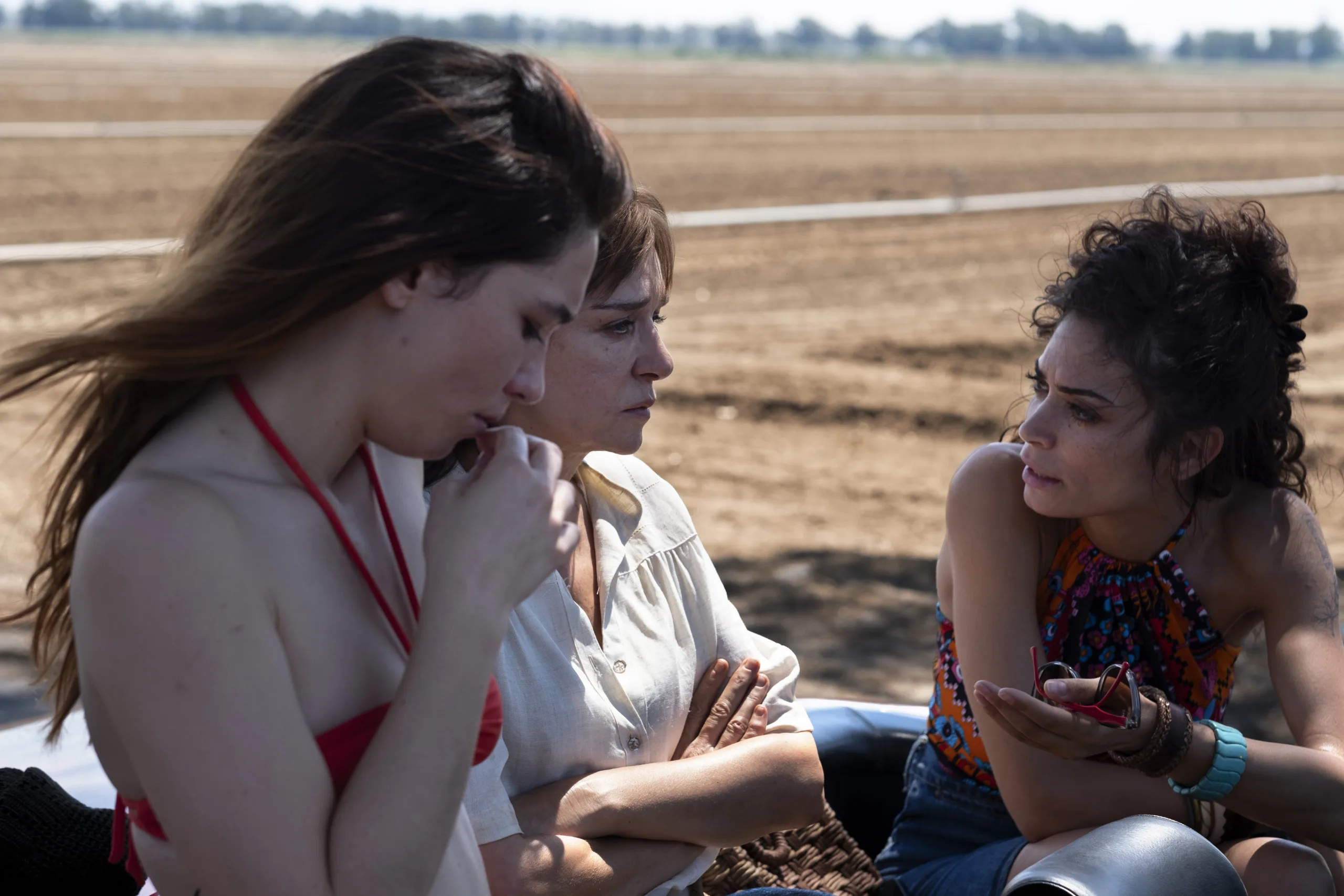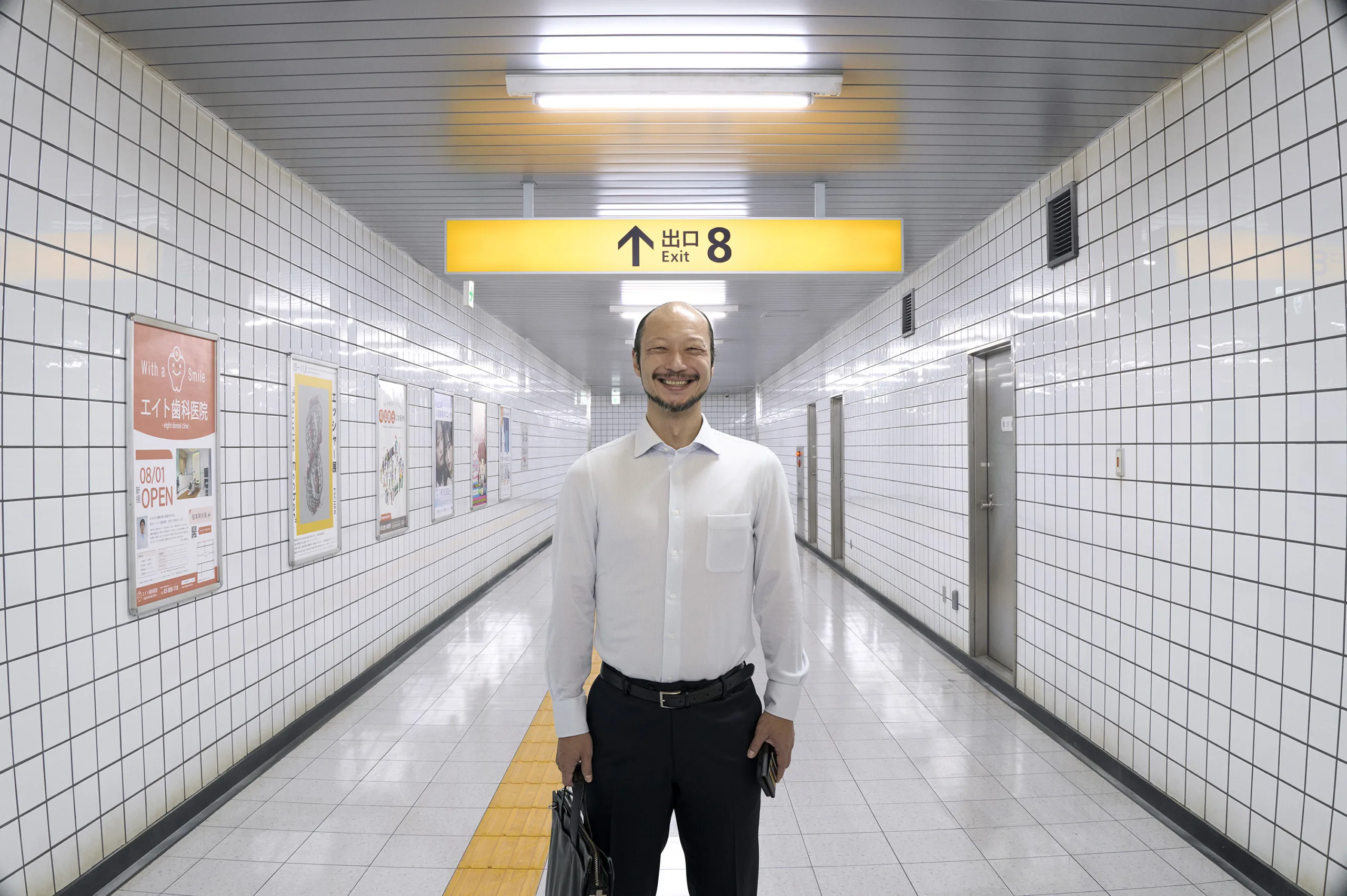It’s getting late in Cannes, and I’m still waiting to write a dispatch in which I like all three movies. My predicament, however, isn’t indicative of the quality of the festival this year, which is brimming with incredible auteurs and rising filmmakers. On my end, it’s just the luck of the draw. Still, there is one film among these three that I found to be quite inventive. Surprisingly, it came from the midnight section.
Now, I’m not going to beat around the bush: the modest midnight section at Cannes has been disappointing: “Dalloway” was a bore and “Sons of the Neon Night” was nearly unwatchable. But the Japanese director Genki Kawamura’s moebius-strip horror film “Exit 8” is a good first step toward turning the worm around.
“Exit 8,” an adaptation of the same-titled video game, begins with a nearly eight-minute opening that is strictly first-person. An unnamed man (Kazunari Ninomiya) is listening to music when the cries of a baby interrupt his quiet time. Though he witnesses an irate man yell at the baby’s mother for not quickly calming the child, he does not intercede. Instead, he goes back to his music before being interrupted again by a call from his ex-girlfriend. She is pregnant and undecided about whether to keep the potential baby. This news makes our mysterious man even more perplexed, causing him to nearly have an asthma attack as he winds his way through the train station to leave. This man, however, never finds an exit. He finds himself trapped in an endless hallway that seems to repeat and repeat and repeat. He also locates an information board that provides the rules for this purgatory: if he spots any anomalies, he must turn back; if nothing alters, he may keep going. He will need to successfully complete this loop eight times if he hopes to escape.
One of the pleasures of “Exit 8” is trying to spot the changes in this hallway where there are five posters, three doors, two vents, and a balding man dressed in business attire loudly walking. The first thirty minutes in that regard play like a shifting Rubik’s Cube, where every clue offers a new variation on the piece. Kawamura eventually breaks out of the perspective of the lost man by jumping to other characters: the “walking man” (Yamato Kôchi) and “the boy” (Kotone Hanase). Each one intersects with the other’s story, and a kind of guilt guides each character.
Similar to “The Shining,” which this movie makes a not-so-subtle reference to, the blindingly white tiles and lighting of the space fuel the horror. While spotting the difference is often easy, it’s all the more creepy because we see those differences invading personal spaces or sometimes mutating. The most harrowing scene is that nod to “The Shining,” which provides a literal tidal wave that sweeps us toward a tranquil but fleeting dreamscape. And while “Exit 8” comes dangerously close to sonically overwhelming the viewer, especially as a baby’s cries are bent, split, morphed, and amplified—it’s ultimately a clever and unshakeable nightmare about embracing the possibility of change, and the fear that comes with the unknown.

Between Kristen Stewart’s “Chronology of Water” and Harris Dickinson’s “Urchin,” this year’s Cannes, specifically in Un Certain Regard, is surprisingly filled with directorial debuts by actors. Along with those two works, a third film joined their ranks in UCR: Scarlett Johansson’s directorial debut “Eleanor the Great.” Penned by Tory Kamen, the crowd-pleasing tearjerker concerns a grief-stricken 94-year-old Eleanor Morgenstein (June Squibb) moving from Florida back to New York City to be her with her daughter Lisa (Jessica Hecht) and grandson Max (Will Price) following the sudden death of her longtime friend and roommate Bessie (Rita Zohar).
Unlike Stewart and Dickinson’s efforts, Johansson’s approach is safe and predictable. This mistaken identity narrative’s quirky comedy is rooted in Squibb’s wickedly sharp timing and the film’s absurd premise.
It sparks when Eleanor visits the JCC at Lincoln Center. There, she’s mistakenly pulled into a Holocaust survivors’ support group meeting. Eleanor isn’t a survivor; in fact, she hails from Iowa. But faced with embarrassment, she decides to repeat the late-night anguishing stories Bessie shared about her own experience during the Holocaust. These moving recollections catch the ear of Nina (Erin Kellyman), a journalism student from NYU attending the meeting as part of a class project. Further drawn to Eleanor’s heartache due to the recent death of her own mother, Nina quickly forms a bond with this humorous older woman. Their friendship is so strong, it even causes Nina’s grief-stricken father, Roger (Chiwetel Ejiofor), a well-known reporter, to take an interest in Eleanor.
I don’t need to provide any more plotting; you can probably tell where this film goes from here and when it goes there. It’s also not a visual wonder. “Eleanor the Great” joins a long list of movies that look like they’ve been made for television, and not the prestige kind. The lighting is flat; the framing is basic; the compositions lack a discernible artistic eye. Still, the inherent beats of a story like this bring a few enjoyable moments, particularly when Eleanor and Nina go shopping or the former provides her counterpart with sage life advice. Squibb is also wonderful here, retooling the saucy humor she displayed in “Nebraska” for a lead role that grants her far more range.
For a moment, the narrative’s framing, the common cliches, and Squibb are enough to trick you into believing Johansson will land this film about grief—even though the film has nothing original to say on the topic. All she needs is one big, climactic monologue. Luckily, Ejiofor delivers a weepy, powerful one. Unfortunately, this film has three more monologues after that, with each lead becoming progressively more emotional during theirs. The result is a film that over-swings to the point of spinning into being unmemorable.

The competition films may be divisive—I’m looking at you, “Alpha”—but they haven’t been outright terrible, until now. Mario Martone’s “Fuori,” a jumbled, incoherent biopic about famed Italian author Goliarda Sapienza, is the type of film I’m sure was made with the best intentions. Having said that, I actually can’t discern what those intentions might’ve been. Taking place in 1980, the film posits Goliarda (Valeria Golino) as being in dire financial straits. Recently released from prison for selling stolen jewelry belonging to a friend, she’s now looking for a job in the hopes of keeping her lavish flat. Though we never return to her monetary angst—one of the film’s many odd decisions—we learn about Goliarda’s former cellmate Roberta (an inspired Matilda De Angelis).
We spend much of “Fuori” jumping between the past and the present, with the former taking the shape through Goliarda’s recollections of her time in prison with Roberta. Though Roberta, a political revolutionary with a heroin habit, is separated from Goliarda by age and ideals, the two become devoted to one another. While in prison, Goliarda also forms friendships with the other incarcerated women. In the contemporary portion of the film, these women reunite on the outside, and Goliarda and Roberta try to make sense of their shared attraction.
If you’re not already aware of the era’s politics, which witnessed worker-centered rebellions led by groups like the Red Brigades, then you’re not going to glean anything from this. Martone isn’t keen on giving historical context. We’re never sure of the director’s angle: is this a love story, a political awakening, or anti-carceral work? It’s none of those, it seems. Instead, it appears to be an excuse for Martone to craft sensual scenes that are about as steamy as cold potatoes and empowering moments that run on a hamster wheel’s worth of jolt. Even with some notable sheen and specific period detailing, “Fuori” feels like a grave missed opportunity.











